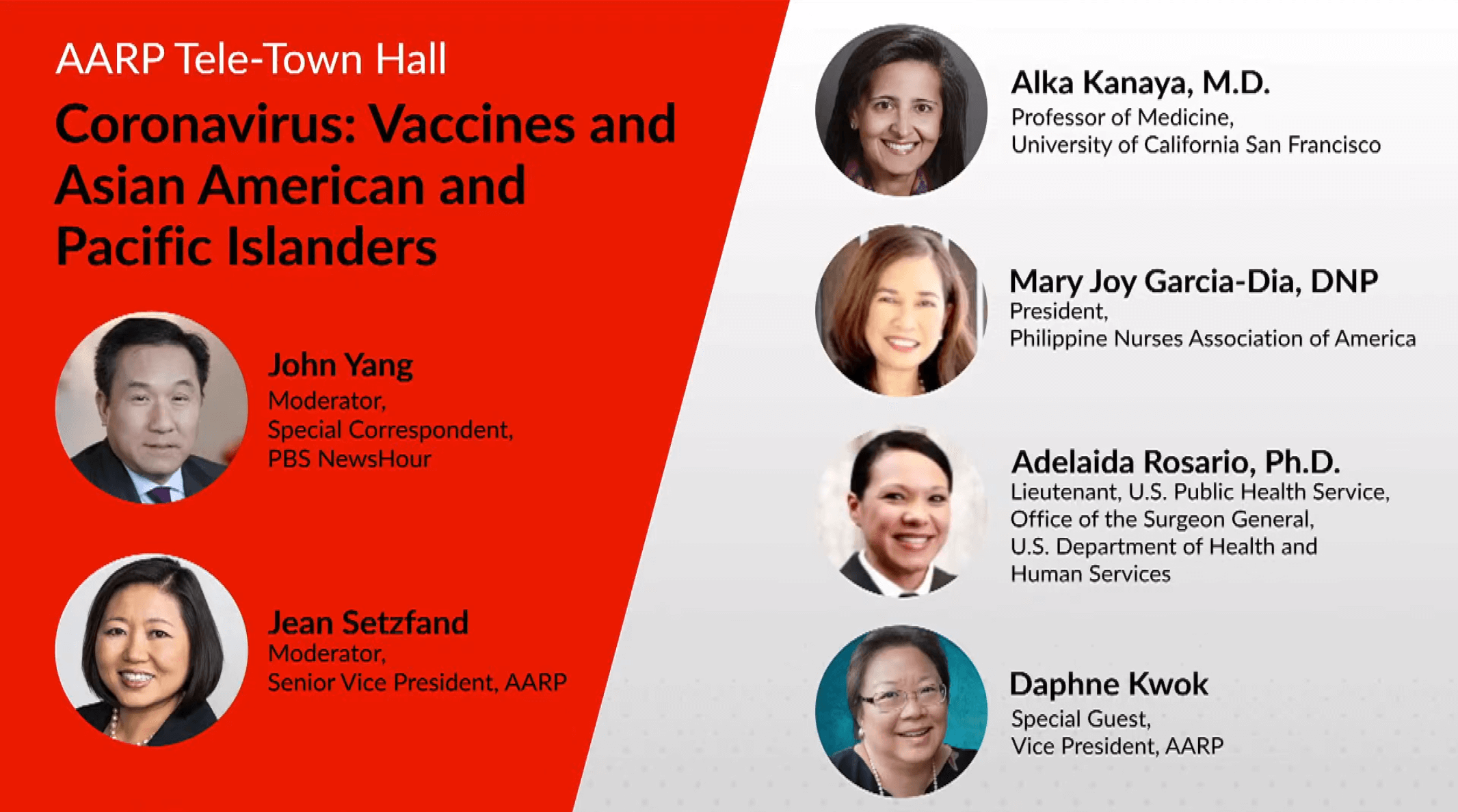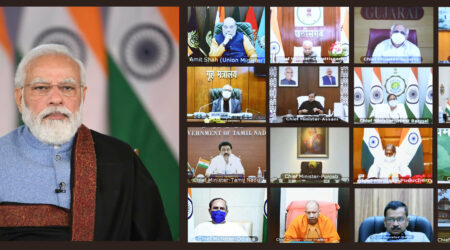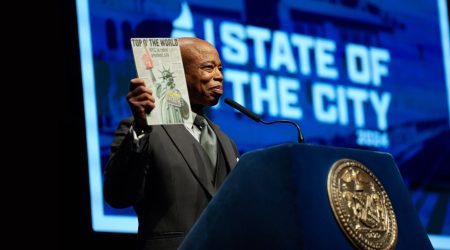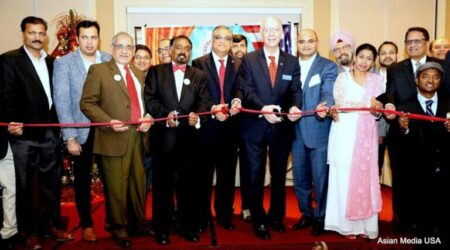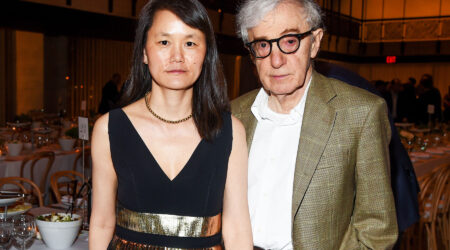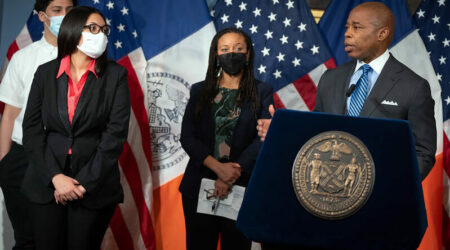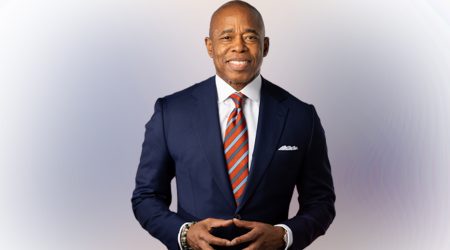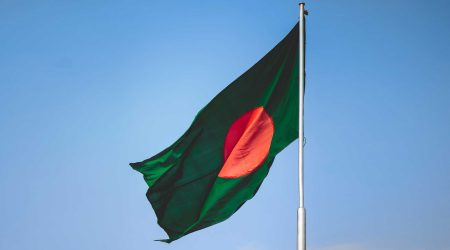AARP hosted a national coronavirus Tele-Town Hall focused on “Coronavirus, Vaccines, and Asian Americans and Pacific Islanders” on April 22. The live streamed event involved a panel discussion among health experts who also answered live questions from callers all over the country about: how to stay safe and protected from the coronavirus and prevent the further spread, virus variants and vaccines, vaccine distribution, and ways to identify misinformation, fraud and scams.
Guest speakers included Lieutenant Adelaida M. Rosario of the U.S. Department of Health & Human Services; Dr. Alka Kanaya, Professor of Medicine at the University of California, San Francisco; Dr. Mary Joy Garcia-Dia, President of the Philippine Nurses Association of America (PNAA); and Daphne Kwok, AARP Vice President of Diversity, Equity and Inclusion, Asian American and Pacific Islander Audience Strategy. The panel was moderated by John Yang, National Correspondent for the PBS NewsHour.
The panel started with an acknowledgement of the Asian American, Native Hawaiian and Pacific Islander (AANHPI) community’s unique challenges faced during the pandemic. The speakers agreed that AANHPIs have had issues with obtaining information about the pandemic and the availability of the vaccines due to language barriers, a low level of familiarity with computer technology, misinformation, distrust in government, and a misunderstanding of the vaccines or the science behind the vaccines. The speakers also recognized that there are different solutions and approaches to these challenges.
“The AANHPI community is extremely diverse and therefore, there isn’t a one-size-fits-all approach with communications,” said Dr. Rosario.
Many of the speakers shared that there is a benefit for the community when materials are produced in their languages and when those materials are shared through trusted leaders of community-based organizations or trusted staff members at local health centers to share information.
A barrier unique to the Asian American community is the recent increase in the Dr. Rosario said, “It becomes a ‘double pandemic’ essentially for all of our older Asian American community members because they’re dealing with all of this awful discrimination in addition to, layered with, this health crisis. There’s something to be said about the disproportionate mental health impact that our community is dealing with.”
On behalf of AARP, Kwok denounced the hate crimes: “AARP strongly condemns all racially motivated violence and harassment, and AARP stands with the Asian American community. Racism is a public health issue.” She added that the assaults had been “causing fear, especially for our older members, and the fear is keeping them from making their medical appointments and getting their vaccine. Fortunately, I know there are volunteers helping out at the local level, like accompanying elders to their appointments.”
Kwok reaffirmed AARP’s commitment in supporting AAPI elders and their families through the production of translated materials. The AARP state offices are also engaging with the AAPI community at the local level. There is an upcoming #StopAsianHate forum taking place in May as well. “It’s important to shatter the Model Minority Myth as well as the Perpetual Foreigner image,” said Kwok. “And it’s important to tell Asian American and Pacific Islander history: the contributions we’ve been making in the United States dating back to the Civil War.”
COVID-19 has also negatively impacted healthcare professionals and frontline workers in different ways. A PNAA survey helped Dr. Garcia-Dia identify “the challenges that our nurses are experiencing and how we can unpack these feelings of depression, the morale injury that they feel because they survived [a COVID-19 infection], and the frustration that they feel because the pandemic is not going away.” PNAA started the “Resilience Program” to help their nurses recover socially and emotionally, for the long haul. PNAA also sent a survey through the Justly Project to find out how to make their nurses feel more appreciated.
According to the panel, AANHPIs were part of the vaccine clinical trials. In fact, Yang personally sought out and applied for the clinical trials even though he has underlying health conditions. Yang said, “I sought out an opportunity to apply for a clinical trial, and I ended up in the Moderna clinical trial.”
On this note, Dr. Kanaya shared the importance of having People of Color and AANHPIs involved in these clinical trials as well as for clinical trials for all medications and drugs.
“We need to have better representation of AANHPI groups in all types of studies, whether it’s vaccine studies or Alzheimer’s Disease studies. We need to change the narrative,” said Dr. Kanaya.
The bottom line for all the panelists? It’s important to get vaccinated.
Dr. Rosario said, “The benefits far outweigh the risks. Return to what was your norm with confidence that you won’t end up hospitalized, death won’t be a looming threat, and you can be with your loved ones. It’s a significant step back to the life that we knew.”
For more information about the vaccines, where you can register for one, and how AARP continues to protect older Americans 50+ and their families during the pandemic, please visit aarp.org/coronavirus.


